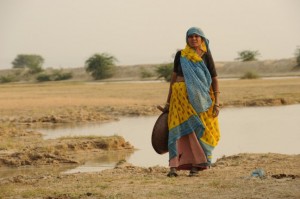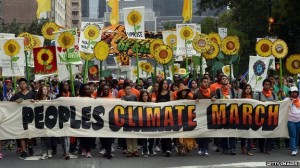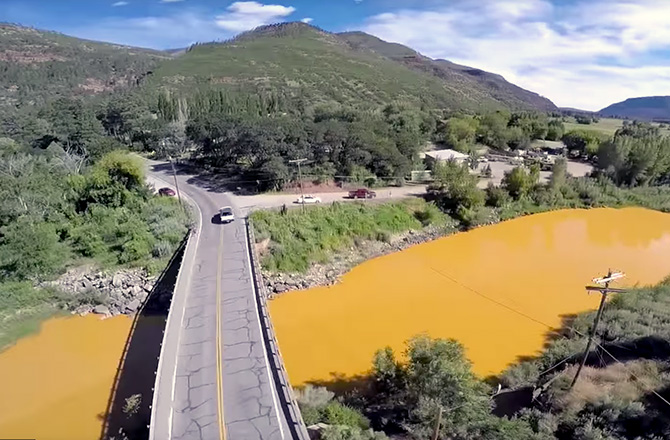CFP: A Forum on “Climate Change and Feminist Environmentalisms”
By Cristina Awadalla, Piper Coutinho-Sledge, Alison Criscitiello, and Sonalini Sapra
 As guest editors of this forum, we created the theme with the intent to create a space critical of imperialism, neo-liberalism, sexism, racism, and other factors that both drive climate change and contribute to the global oppression of women. We know that climate change is driven by an extractive and exploitative relationship between humans and nature (see the 5th Intergovernmental Panel on Climate Change (IPCC) assessment report). Because the anthropogenic (caused by human activity) imprint has been substantial on natural climate variability, it follows that we can take action to change course. We must connect the complex social and ecological realities of our time, including recognizing the disproportionate impact of the climate crisis on marginalized communities. In short, we must seek out intersectional dialogues and analyses.
As guest editors of this forum, we created the theme with the intent to create a space critical of imperialism, neo-liberalism, sexism, racism, and other factors that both drive climate change and contribute to the global oppression of women. We know that climate change is driven by an extractive and exploitative relationship between humans and nature (see the 5th Intergovernmental Panel on Climate Change (IPCC) assessment report). Because the anthropogenic (caused by human activity) imprint has been substantial on natural climate variability, it follows that we can take action to change course. We must connect the complex social and ecological realities of our time, including recognizing the disproportionate impact of the climate crisis on marginalized communities. In short, we must seek out intersectional dialogues and analyses.
Activists and scholars work in spheres infused with power relations, and their roles are thus shaped by inequalities and dichotomized ideological constructions. Despite these marginalizing experiences, women all around the world have been fighting on the front lines against environmental destruction, especially within the ranks of community-based environmental justice (EJ) movements. (See Julie Gorecki’s recent article in TFW.)
Understanding this, we seek to promote a constructive discussion about gender, race, poverty, and climate change that draws upon theories of intersectionality and feminist environmental justice. The editors of this special issue invite submissions on the following topics and more:
- Stories from the field
- Practical tools feminist environmentalists can use to engage with decision-makers
- Feminist perspectives on existing or proposed regulatory programs (i.e., cap and trade, Reducing Emissions from Deforestation and Forest Degradation, etc.)
- Any topic that critically engages with issues of sexism, racism, and/or imperialism relevant to the fight for climate justice
We are especially interested in experiences of environmental activism, particularly experiences of maneuvering through public spaces shaped by gendered and racialized hierarchies. Being reflective of how gender and racial inequalities affect activism is critical to building stronger, more gender-inclusive movements and solutions to climate change. 
Submissions should be no more than 1500 words. We are interested in essays, interviews, op-eds, and creative work. All work must be submitted by March 31, 2015. Please submit your work for consideration to the “Forums” category at Submittable and indicate in your cover letter which forum you are a part of. For more information on general submission guidelines, please visit TFW’s website.
The climate crisis is a global issue that requires transnational analysis and solidarity, and this can begin with each of us connecting through our stories. We look forward to reading your submissions!




1 Comment